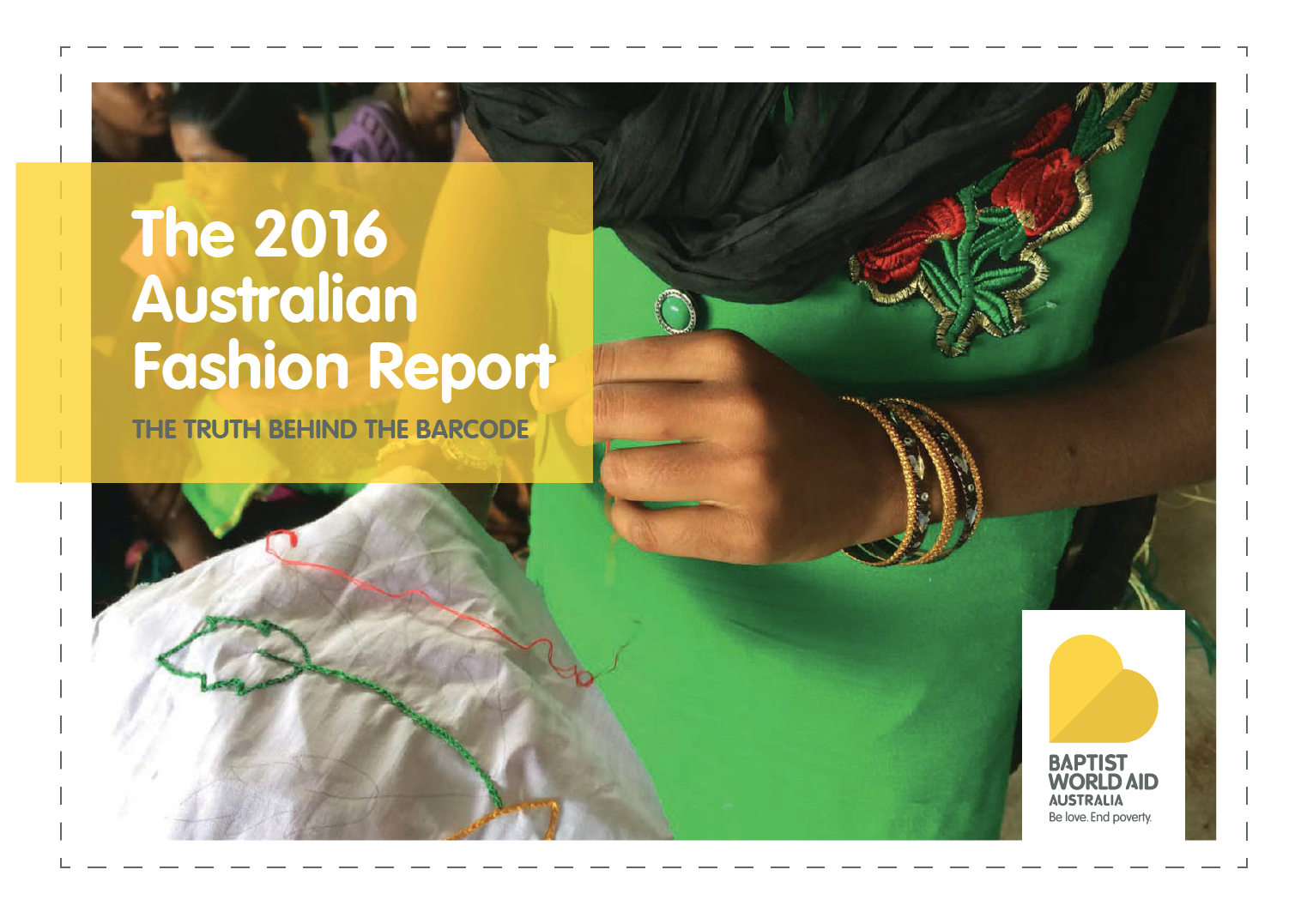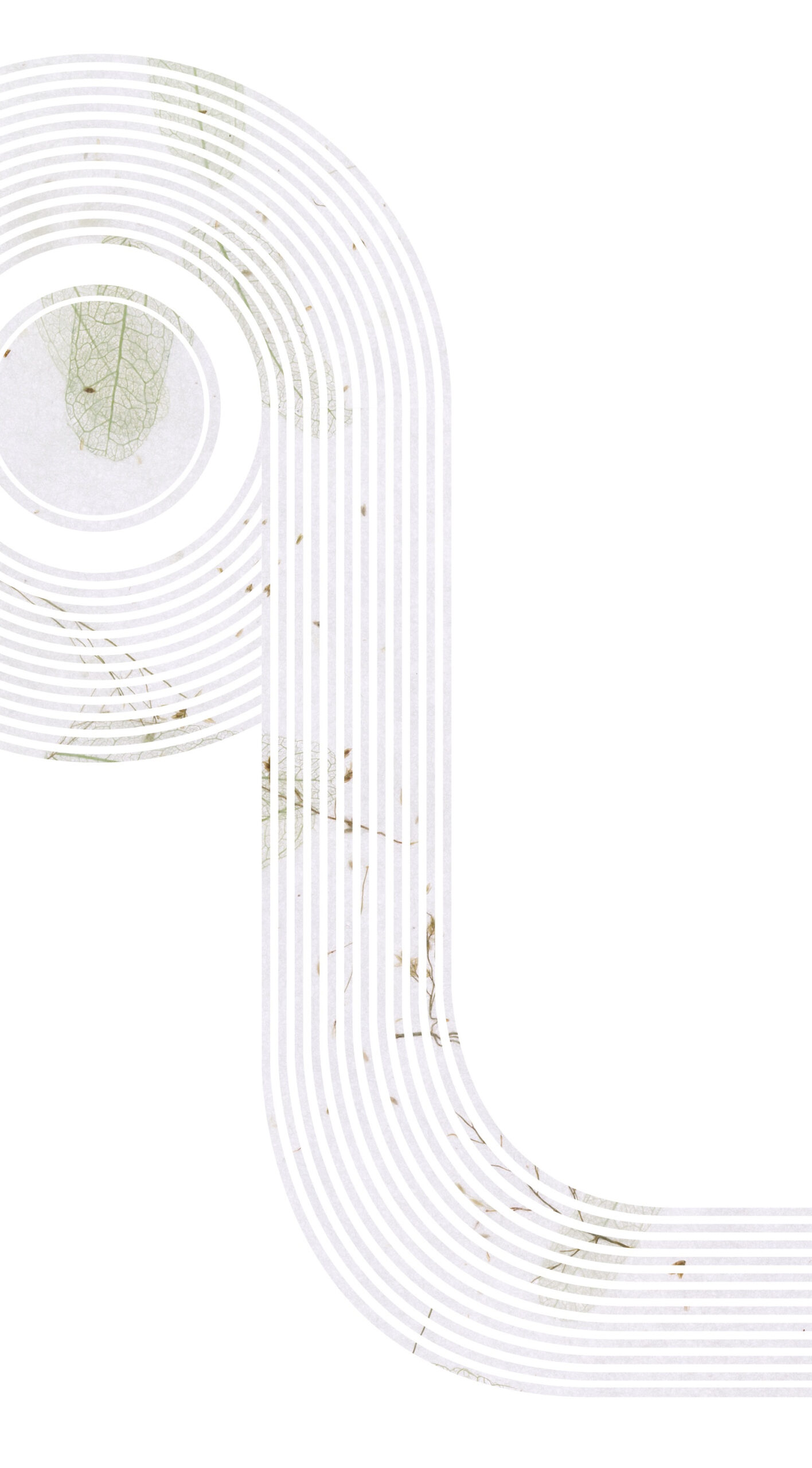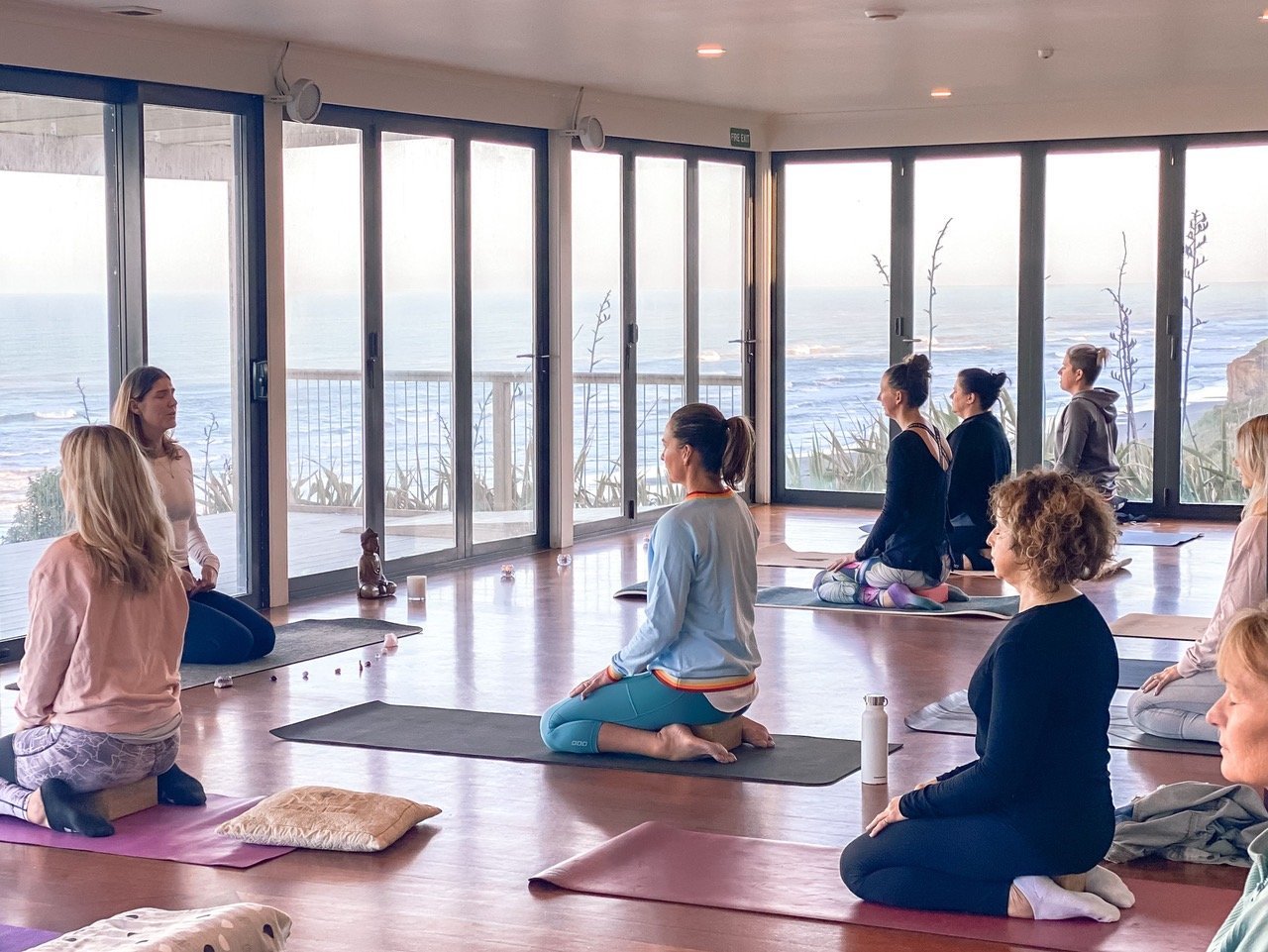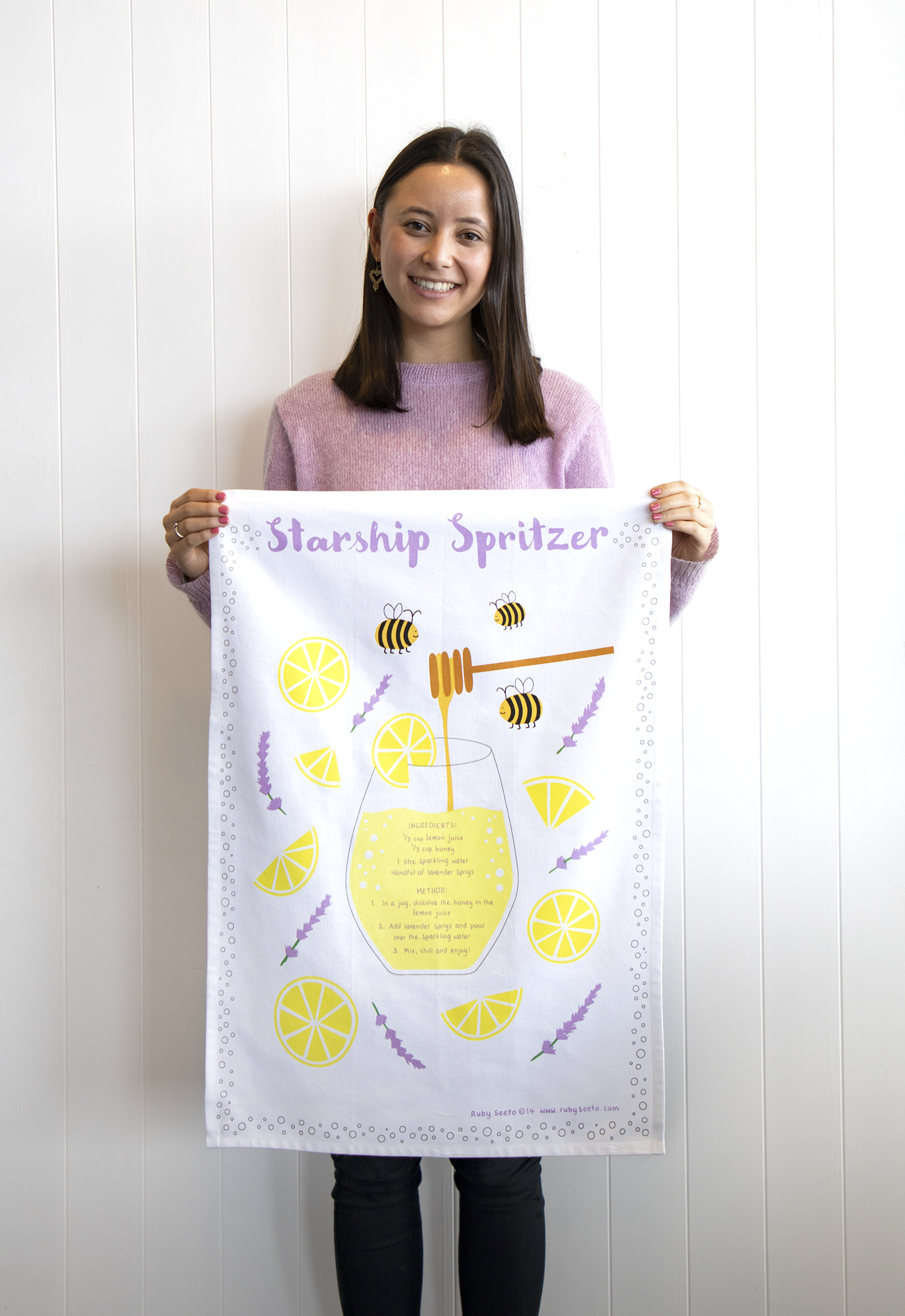It’s been nearly three years since the tragic Rana Plaza Factory collapse in Bangladesh which saw 1,100 factory workers lose their lives in the second worse industrial accident of all time. The event resulted in a greater need for transparency from clothing companies and brought about the first version of the Australian Baptist Clothing Report, which assesses brand efforts to protect workers in their supply chain from exploitation and modern slave labour, grading each company from A to F. Here are the main key points from the 2016 report.

The 2016 ethical fashion report is the culmination of 12 months of research by Baptist World Aid Australia and assessment of 87 apparel companies and over 300 brands. The third annual report is a significant expansion on previous reports – with more than 50 per cent more companies coming on board as part of the research.
The report is published each year in the hope that it will provide consumers and companies with the tools to drive change in how garment workers are treated, particularly in the developing regions including India, Bangladesh, China, Myanmar, Uzbekistan and Cambodia.
The report assessed companies according to four main categories – this grading rule has been updated from the previous two reports and greater emphasises traceability and the payment of living wages – the two most important considerations when it comes to improving worker welfare.

Policies. Evaluating a brand’s code of conduct, sourcing and subcontracting policies, and involvement with other organisations working to combat child and forced labour.
Traceability and transparency – knowing suppliers. Does the brand understand its own supply chain, and disclose critical information to the public?
Monitoring and supplier relationships. A brand’s monitoring program is critiqued to determine whether it addresses specific issues of child and forced labour.
Worker empowerment. The degree to which the brand supports worker well-being is examined here – and whether employees are able to claim their rights and earn a fair living wage.

Overview
- The median grade for the 87 companies assessed was a C+ grade. Six of the companies assessed received A range grades, with nine of the companies assessed receiving F grades.
- The companies brands that received A grades were Adidas Group, Audrey Blue/Mighty Good, Etiko, Inditex, Liminal Apparel, Patagonia and Rrepp.
- The companies that received F grades were Ally Fashion, Boohoo, Brand Collective, Factory X, General Pants, Pavement United Brands, Roger David, Seed Hertiage and Voyager Distributing Co – they received these grades as they were unresponsive or reluctant to take part in the research project.
- 78 per cent of the companies who engaged in the research and were assessed have started tracing their inputs suppliers, and more than half of all companies have systems in place for workers to report and have investigated health and safety incidents.
- More than half of all companies have a policy in place to rehabilitate child or forced labour.
- Almost half of companies assessed are now publicly stating which countries they source from.
- Two thirds of companies are working to actively improve leverage and relationships with suppliers through supplier consolidation or industry collaboration.

Brands improving
Fairtrade brands like Etiko and Audrey Blue have continued to score the highest of grades in each Ethical Fashion Report released, and pay a living wage to all workers in the final production stage. Brands who are taking the same steps in achieving better grades include H&M, Kmart Australia and Pacific Brands (Bonds) – who have all made commendable steps in ensuring their suppliers are paid enough to live on.
“Paying workers a living wage would be relatively painless for consumers and companies, yet it would transform the lives of millions of workers around the world,” says Nimbalker.
Another positive note from the report was a significant increase in companies who knew their suppliers at the final manufacturing stage, 77 per cent up from 61 per cent in 2015.
Some New Zealand brands were reviewed – including Karen Walker who scored an overall C grade, Glassons who improved from an F grade last year and scored a C+ grade, Kathmandu who scored a C grade and Pumpkin Patch who unfortunately scored a concerning D grade. Karen Walker is doing great work with the Ethical Fashion Initiative (see issue 47 of Good) and released a limited edition of summer tote bags and clutches.
“Paying workers living wages would be relatively painless for consumers and companies, yet it would transform the lives of millions of workers around the world.”
Brands scoring low
Some of the most well known apparel brands were amongst the worst performers listed in the report, including Seed Heritage, Victoria’s Secret, Forever 21 and General Pants, all scoring a D to an F grade.
“These grades tell us that consumers cannot be confident that these brands know who is making their clothes and conditions their clothes are being made in” said Baptist World Aid Advocacy Manager, Gershon Nimbalker.
The research also found that two thirds of companies studied were not taking any action to ensure that workers received a living wage to meet their basic needs – in turn not helping them to be lifted out of their poverty status.
Deeper into the supply chain, a third of companies had traced the majority of their input supplier like fabric mills, but just five per cent had traced their raw materials, predominantly cotton farms. According to Nimbalker, it’s the raw materials part of the supply chain where the worst forms of worker exploitation occur.
The March/April issue of Good, out now until April 25 features the overall theme of fashion – celebrating brands doing good in the industry. The main feature of the issue is about the Child Labor Free intiative and discusses the Kiwi brands who are on board so far.







